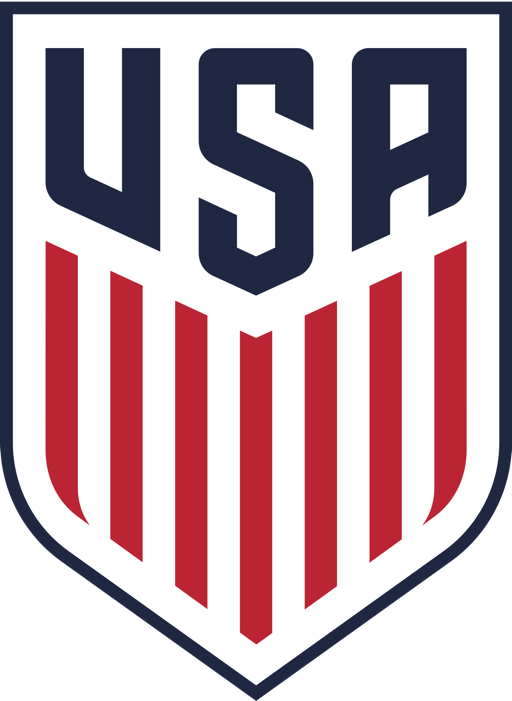The rules for soccer, collectively known as the laws of the game, are constantly revisited and revised through an organization known as the International Football Association Board. Made up of the British football associations, it’s older than FIFA, with international soccer’s governing body relying upon the IFAB to consider changes to soccer’s rules.
Over the years, that has included some dramatic changes. From allowing substitutes at all to outlawing the back pass and tackles from behind, the IFAB makes decisions they believe are in the best interest of the game.
In December 2024, the IFAB announced further trials on two items that could eventually join the laws of the game. The first is goalkeepers holding onto the ball for too long. Of course, that rule already exists, allowing six seconds for the goalkeeper to put the ball into play. What the IFAB is testing would change the punishment for that infraction. Instead of an indirect freekick after six seconds, the trial sets the time for the goalkeeper holding the ball at eight seconds. The referee would count down the final five seconds and then award either a corner kick or a throw-in. That’s not one or the other at the discretion of the referee. Instead, the competitions implementing this version of the rule in the trial phase choose one or the other.
As it stands, the trial has not reached the top two divisions of domestic leagues or senior national team soccer.
The IFAB is also considering changes to Law 5.2 that would specify that only team captains can talk to the referee after a decision. This might seem familiar, with trials already happening at top-level competitions. What would change is the referee would now signal for captains only, a new motion that would let the rest of the players know that the referee is enforcing the rule. This would mean no players other than captains can be within 4.5 yards of the referee. Any additional infringement would result in a yellow card.
Once again, this trial is currently limited and has not reached the top two divisions of domestic leagues or senior national team soccer.
More information about the International Football Association Board is available at their official site.




